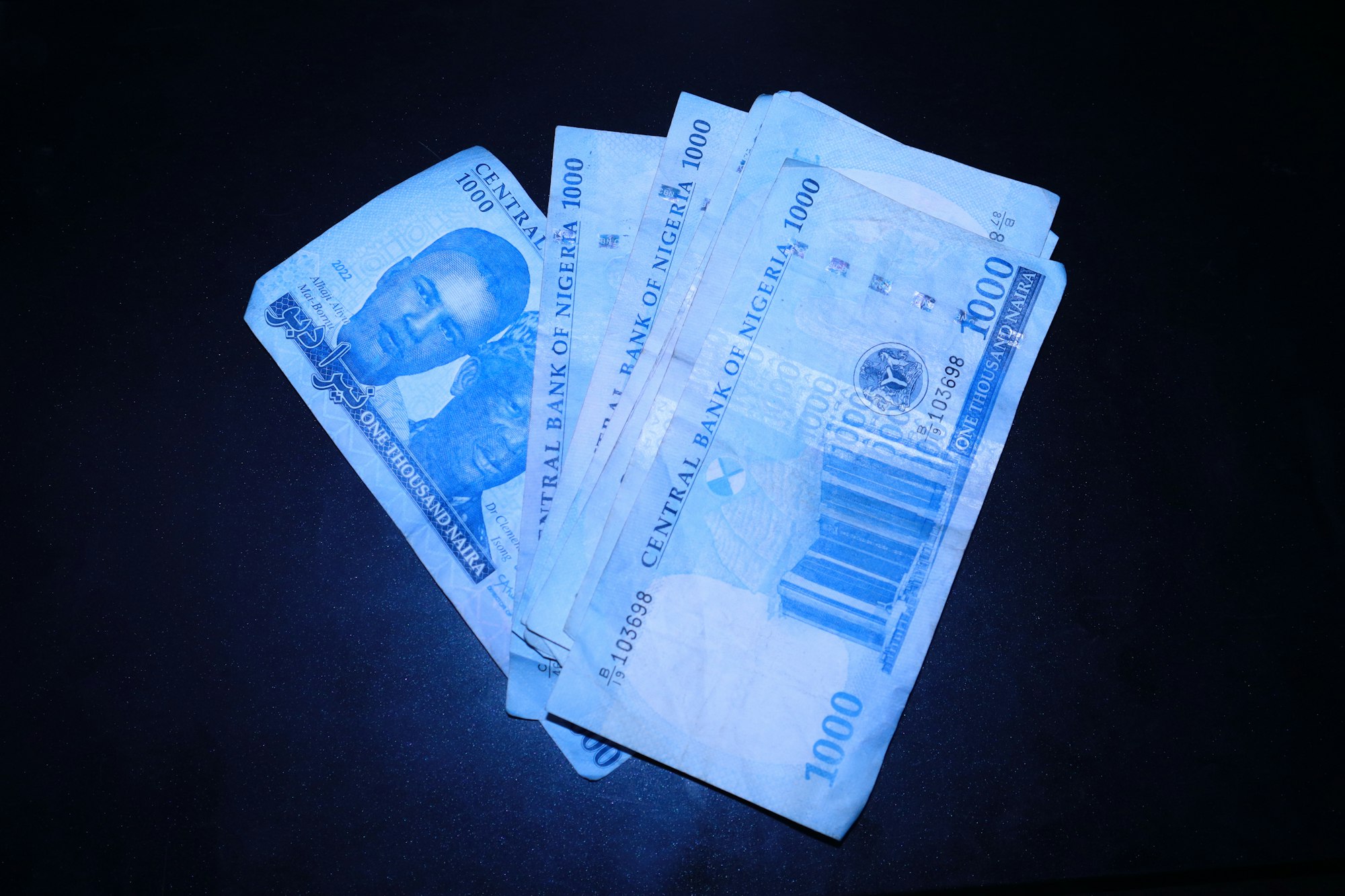Nigeria's CBDC eNaira increases by 63% as cash shortage grips the economy

Nigeria's central bank digital currency, eNaira, has seen a surge in transactions and adoption following a cash shortage caused by a recent demonetization policy adopted by the Nigerian government.
According to Godwin Emefiele, governor of the Central Bank of Nigeria, eNaira transactions have increased by 63% to ₦22 billion NGN ($47.7 million) since its introduction in October 2021.
Additionally, the total number of CBDC wallets has increased by over 12 times to 13 million since October 2022. This is a significant improvement compared to the initial launch of eNaira, which saw limited demand.

The Nigerian government is also using eNaira to pay poor Nigerians under its social scheme, which has contributed to the creation of 4 million new wallets. However, Nigerian lawmakers still need to improve the country's digital infrastructure to support eNaira's wider adoption.
The Central Bank of Nigeria plans to develop its own software for eNaira to have complete control over the initiative. The CBN is reportedly in talks with new technology partners to develop an improved system to manage the government-backed digital currency.
Despite the challenges, the recent surge in eNaira transactions is a promising sign for the country's cashless economy vision.






